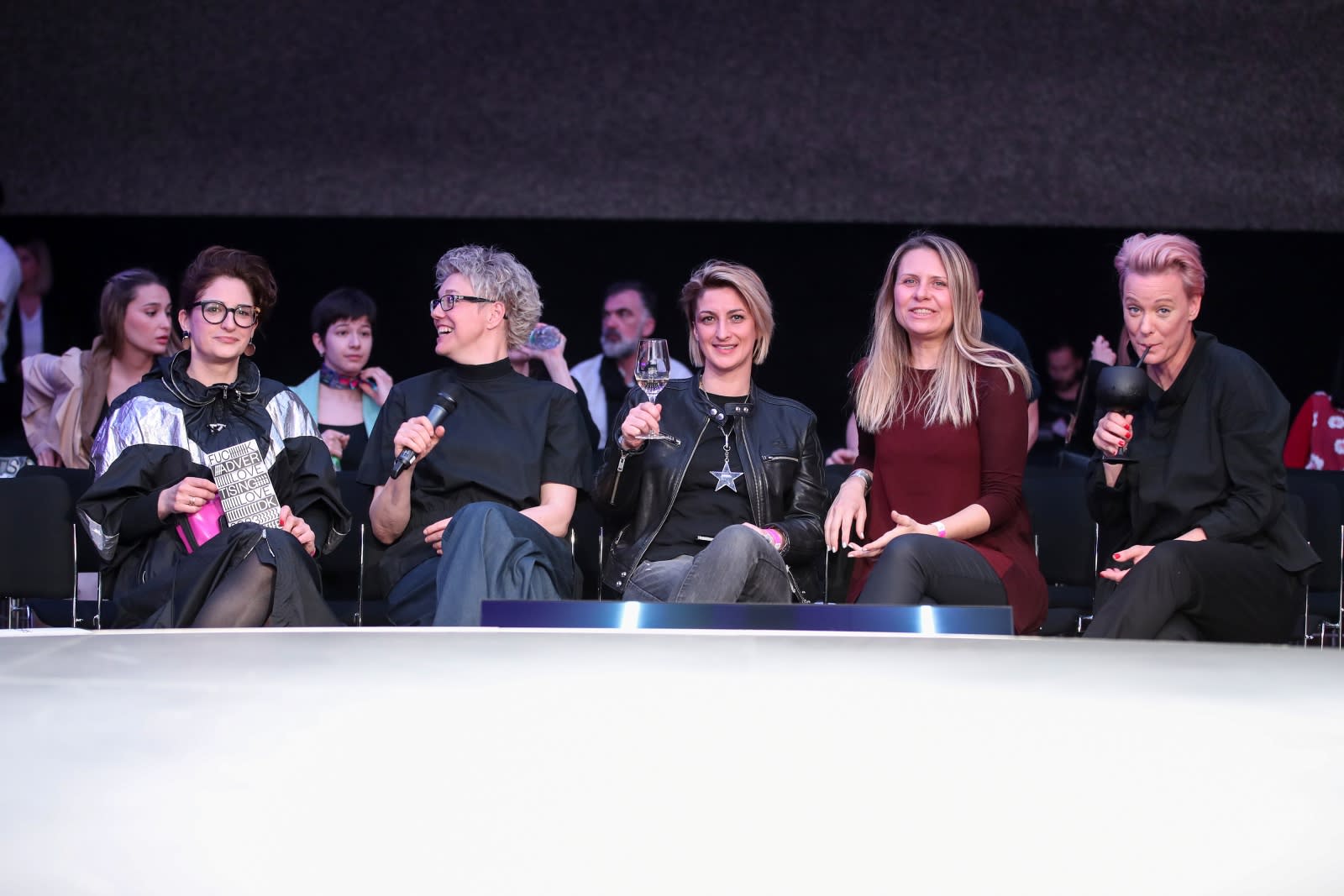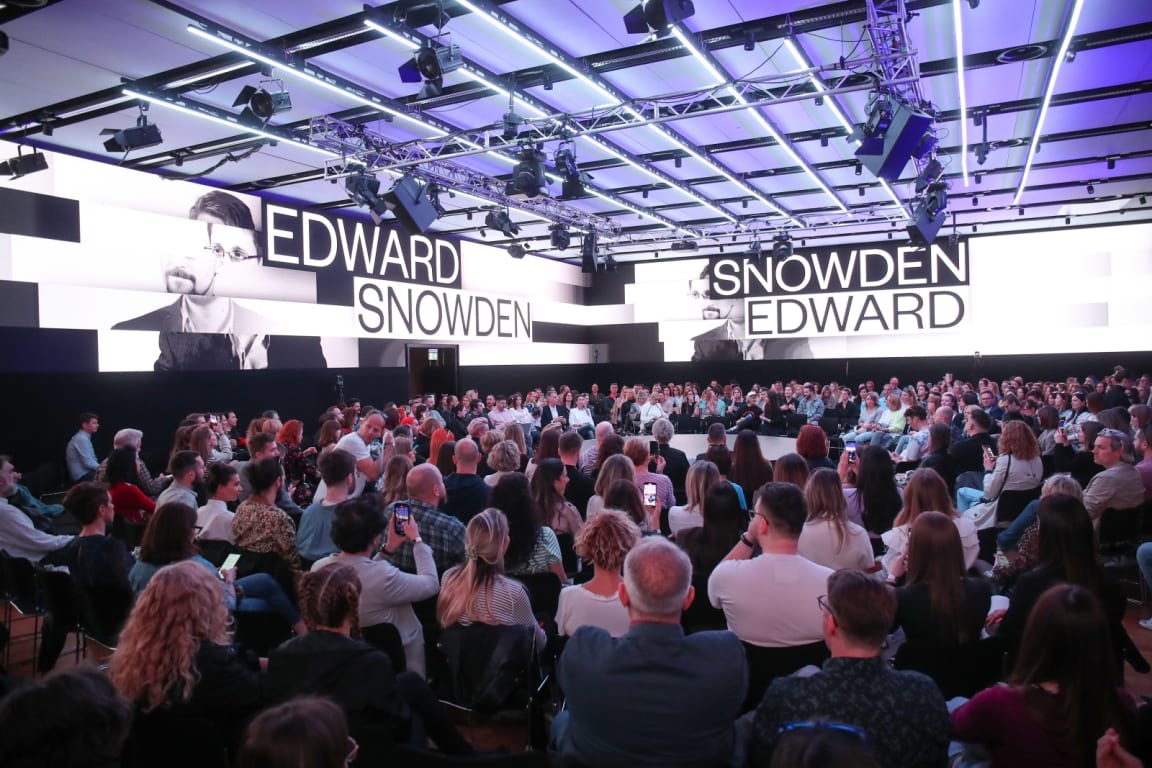
A few thousand attendees from the whole region, 600 projects entered for industry awards, 125 speakers and performers, 105 partners and friends of the festival, 3 days, 3 halls, 3 parties – and the one and only DK Festival.
Our not-your-typical creativity and communications festival opened its doors to creative and digital people, communicators, designers and everyone interested in creativity and market communications on April 20, and its ninth edition has attracted a huge international communications community with more than 2500 people in the three days of the festival at the Hotel Lone in Rovinj.

The first day of the festival was marked by a great turnout, and the Main Hall became the spot for interesting conversation during its first talk, which began with an internationally renowned philosopher Srećko Horvat. In his Your Lips, My Lips, Apocalypse talk he brought up the topic of our contemporary postapocalyptic zeitgeist and reality, implications that thinking about cataclysmic ending of the world carries with it – they are everything from general denial to melancholy and depression. He also dived into the concept of supraliminal, apocalyptic blindness, its commodification and fetishism.

Horvat stayed on the stage for the next talk – he talked to Edward Snowden who joined live online on the tenth anniversary of unveiling “the most efficient system of social control in the history of humanity” and held a talk on the topic of Restoring Trust – How To Solve The Next Generation of Privacy & Security Dilemmas. In this talk, he further emphasized why, we as a society, can only now clearly understand the scale of this discovery and its influence on the development of society and technology. Horvat finished off the talk with a series of incisive questions on privacy, which are key for the future of the internet and digital communications, and he was joined by the curious festival attendees.
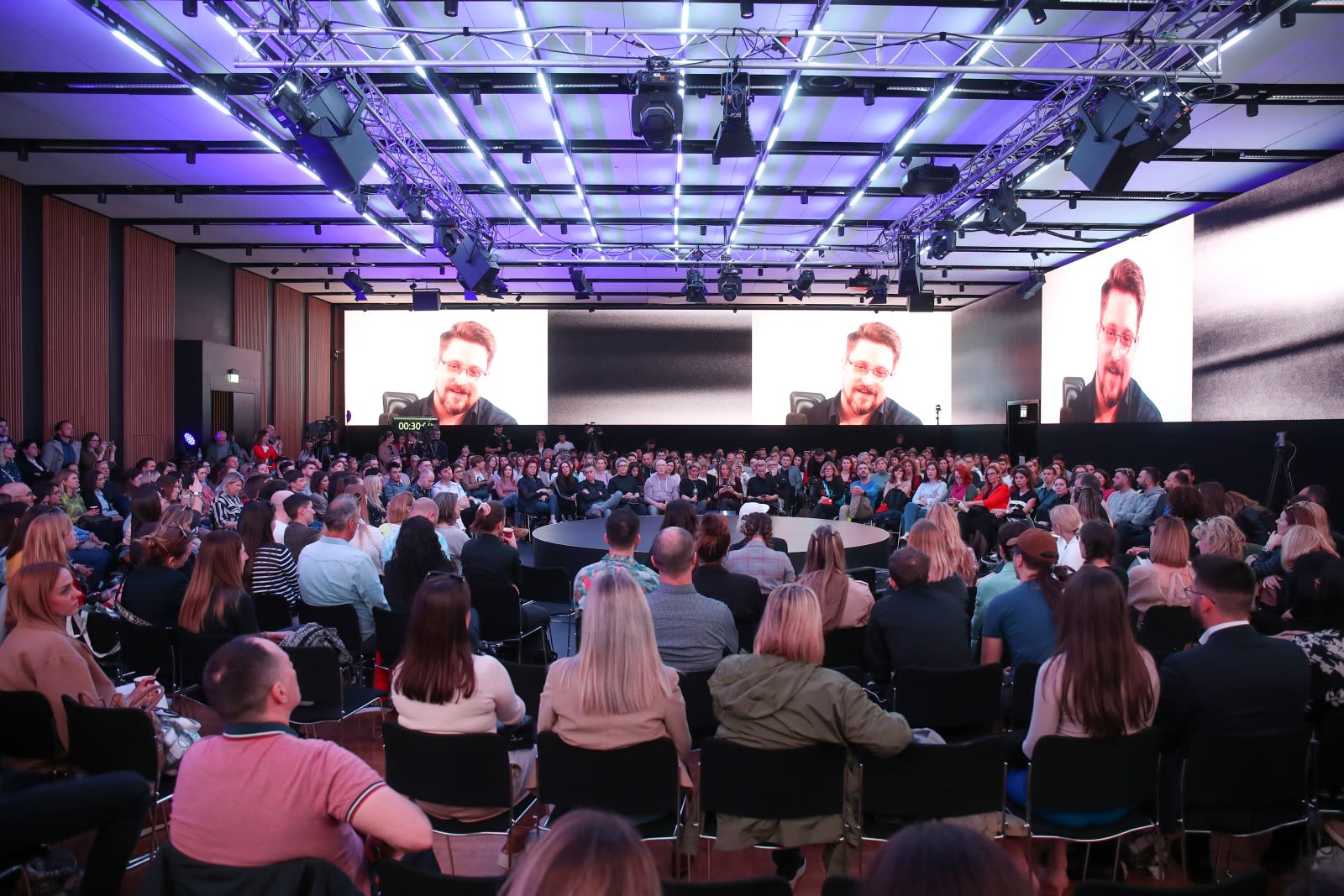
Until 2013, we thought that the internet is a big dark space, we didn’t see it as a physical object – we didn’t understand that our computers are connected to the central system through a signal that others can hear as well. They were collecting data, but they couldn’t connect the bases, and now we know that anything that can be known will be known. From the security perspective, the goal is to set limits to the institutionalized power. Better privacy laws are expected in the future, and only when the consequences of privacy breaches get clear, will the question of privacy be taken more seriously, said Snowden, after the audience asked about the connection between privacy, marketing and advertising, as well as what can we expect in the future in the context of these industries, which turned this talk into an important opportunity for the audience to critically think about everything they know and come to new conclusions on their own. Hope is what we have – and what we need. We have the power to bring the change, we don’t need the government for that.
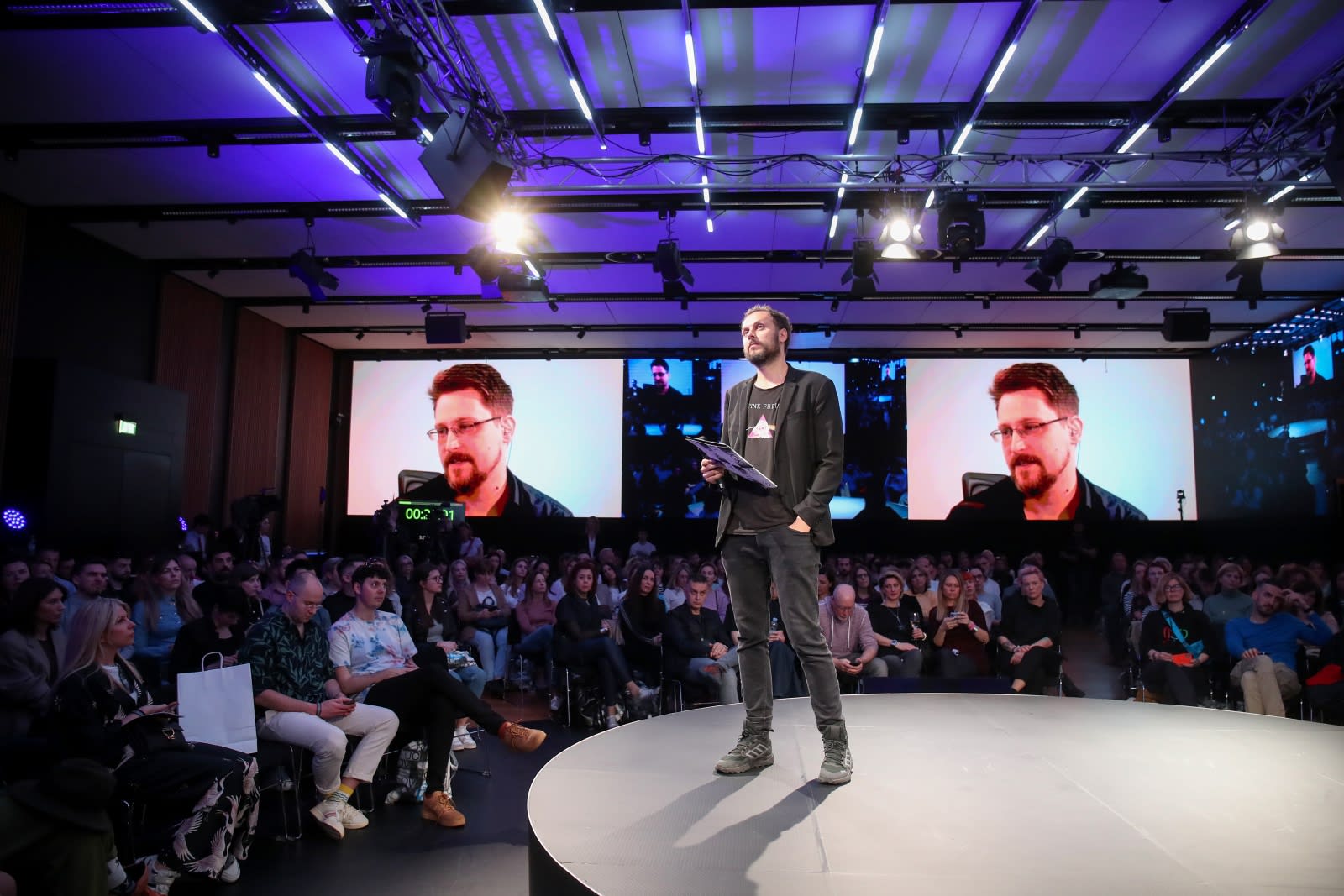
The question of security has never been more relevant. The US government revoked the passport of this former CIA officer and NSA (National Security Agency) contractor – after he had revealed to the public that the US government had access to the information about calls, messages and e-mails of every person on the planet. This is why he found a new home in Moscow, where he was at the time this all went down. Whatever you think about him, Snowden secured himself an important place in history and completely changed the course of the development of the internet, as well as the ways we lived online, but also offline – from being conscious of our privacy to the trust we put in the institutions.

Dunja Ivana Ballon, as the leader of the digital community connected within IAB Croatia and HURA, added: The internet is broken, for sure. Everything we have found out in the last decade, that was marked by Snowden’s discovery, we will use to shape the next ten years – because as a community we can and we have to be a part of the creation of a better digital ecosystem.
The current technology revolution is a wide-reaching revolution of communications. However, apart from the questions of privacy and security, which I talked about with Snowden, is the key problem involving the question of property – who owns all those oceans of information, our thoughts and feelings? Think about the current development of AI – AI should be a common good whose development isn’t decided by a couple of billionaires, and not be in the hands of individuals, whether they are Bill Gates or Elon Musk. The same goes for social media, education, and even the emotional field which is progressively more inseparable from technology, said Horvat.
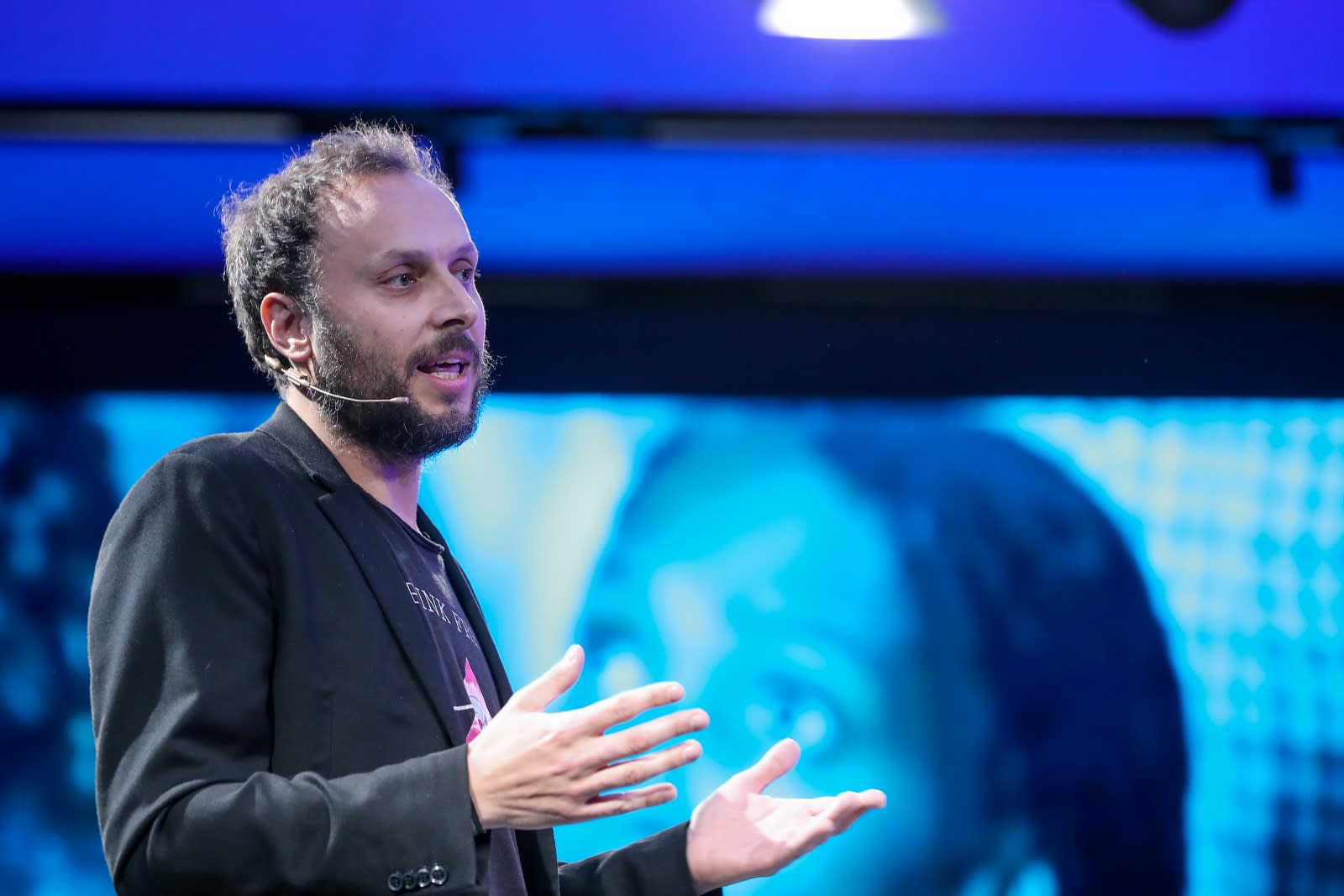
After an exciting first day of the festival, on Friday, 21 April the attendees can enjoy the talks from Media.Monk’s Main Monk from the world’s biggest creative digital production agency Victor Knaap; Munise Can, a strategy expert from Highsnobiety who helps brands find new ways to matter; creative person of the year from faraway Japan Toshihiko Tanabe; one of the world’s leading creative technology futurists Ian Beacraft powered by Hrvatski Telekom; Mischief-Maker/Strategy Virtuoso Rob Campbell; the surrealist directing duo Vallée Duhamel and Rory Sutherland, one of the most original thinkers in the advertising industry and beyond.
